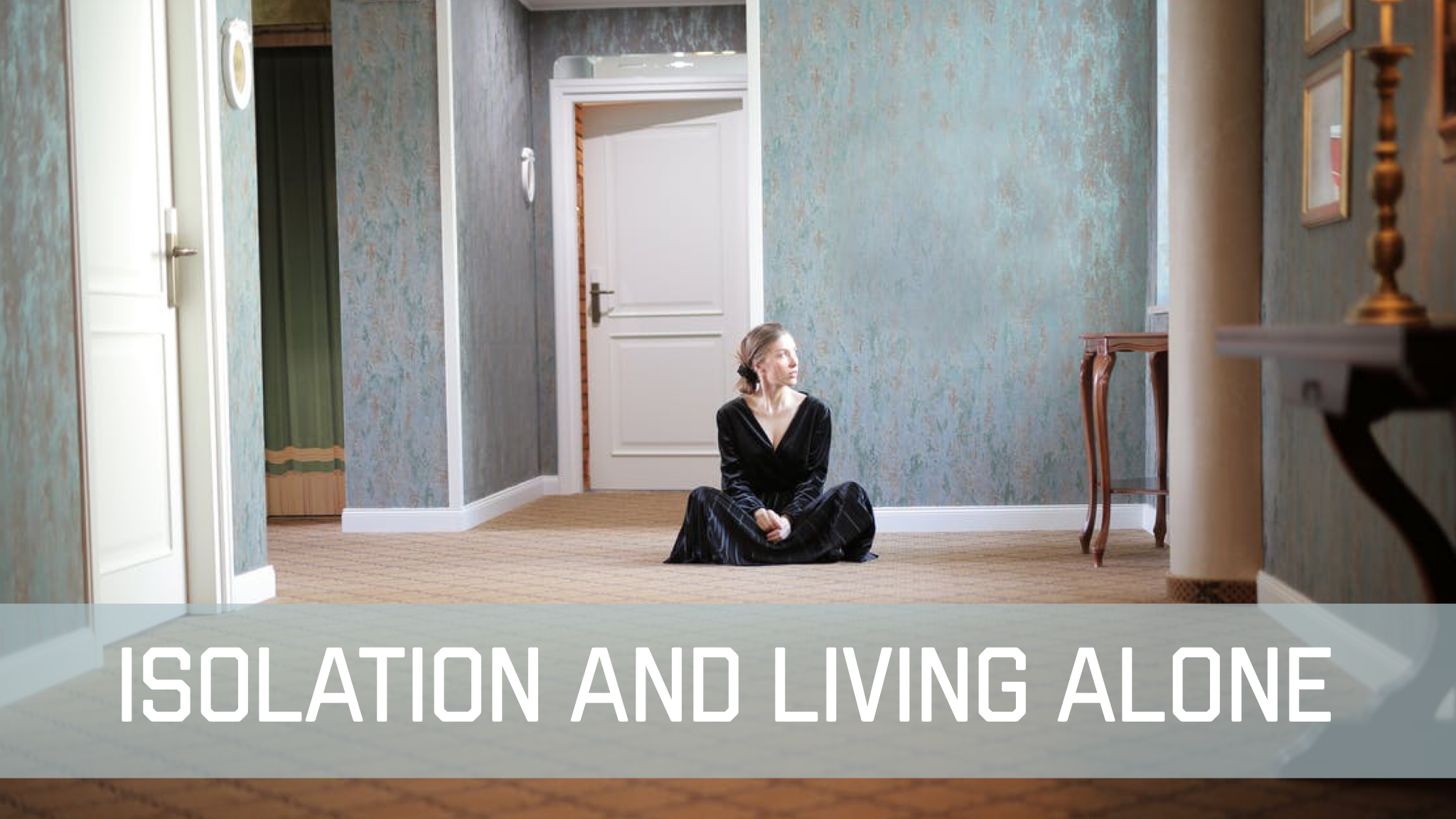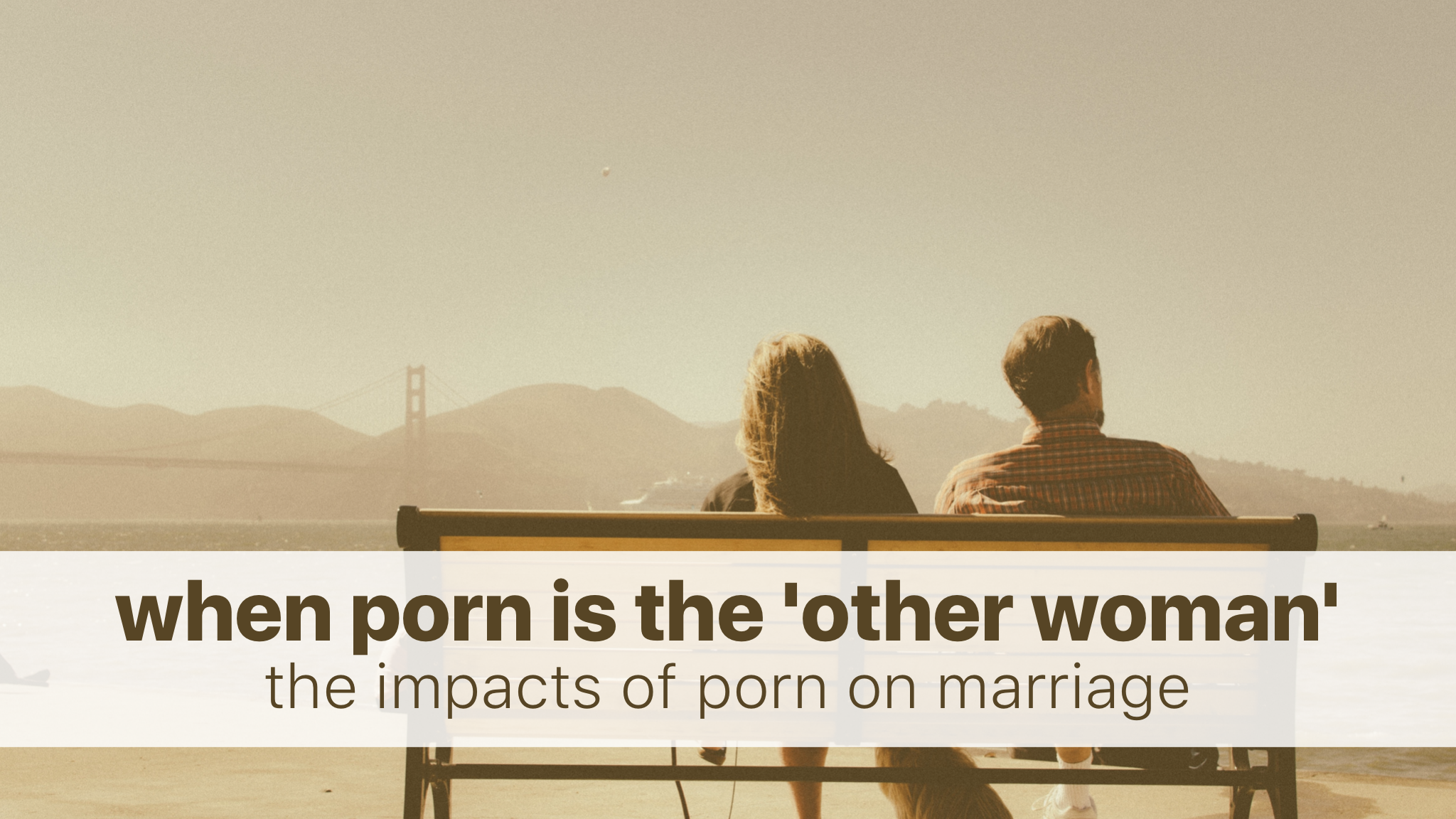It’s been said, mostly by me, that I put the ‘extra’ in extrovert.

Extroversion and introversion are descriptors of energy source and direction. A simple analogy is that extroverts are solar powered and introverts are battery powered. That is, extroverts source their energy externally – from the social and relational stimulation of others. Introverts source and direct their energy more internally. They are recharged by being in more quiet, low-stimulus environments – most preferably alone.
The categorisations of extroversion vs introversion were a helpful discovery for me as I moved into my young adult years. They were informative as I sought a greater depth of self-awareness and understanding, and have proved extremely useful in life and leadership as I’ve worked alongside others. Knowing which you are is essential for your self-management and well being. Consistently operating outside of your natural disposition will see you depleted and ultimately dysfunctional – emotionally, physically and relationally.
It’s a function of adulting and maturing and participating in the world that we learn to manage our natural disposition with the demands and realities of life. Emotionally intelligent introverts realise that they need to be with at least some people for some of the time – family, colleagues, strangers at the supermarket. That we are built for relationship and cooperation. That the company of others and what they bring to our lives is essential for growth and flourishing. That part of exercising our humanity finds its expression in serving and contributing to the lives of others. Emotionally intelligent extroverts realise that being comfortable in one’s own company is an essential part of growth and self-acceptance. That the practices of solitude and silence are useful for reflection and mindfulness. That social stimulation is no replacement for physical rest which is necessary for revitalisation and renewal.
However, any amount of adaptation and intentionality will not override the fundamental truth of where a person’s energy is sourced. We don’t “grow out” of extroversion or introversion. We just find ways to manage our needs in less preferred environments.
Case study – me.
I am a raging extrovert! I am energised by human interaction. The more energised the interaction the more energised I am! While I don’t mind larger, anonymous groups, I’m more fuelled by social interactions that are personal, robustly engaging, stimulating and soul nourishing.
A friend once compared me to her peace lily. The peace lily is a plant and you know when to water one because its leaves start to droop and curl. Give her a drink and her stems will straighten up and leaves unfurl – almost before your eyes. That’s what I’m like with human interaction. People who know me well can tell from 20 paces when I’ve been on my own – my leaves are droopy! Instead of exuding energy and effervescence I radiate ‘flatness’ – like I’ve pulled a few all-nighters in a row! Friends also know that with even the smallest spritzes of the life-giving water of positive human interaction I will come to life before your eyes. You will feel like a magician for the radical turnaround you were able to conjure with just your words and presence!
As someone who has lived much of my adult life alone, sourcing the requisite people interactions to fuel me has always been challenging. Extroversion energy (like introversion energy) doesn’t store well. It requires constant replenishing – which requires constant social exchanges. A large pool of people resource is required in order to account for the number of introverts who will be needing less people time and also the reality that other people have their own lives and calendars to manage.
As a younger person, this drive for externally sourced energy masked as some sort of social animal who couldn’t sit still, stay home or miss out. Over the years, as I learned and understood more, I recognised that physically my body needed rest, stillness, sleep and down time. I’ve grown to appreciate the slow and relaxed – and even the quiet. But these things do not energise me. The reality of energy sourcing is that while my body and mind might benefit from alone time, I am emotionally deenergised by it. It’s a truth that can’t be outgrown or outmanaged.
Navigating this extended season of lockdowns and isolation, working from home, travel restrictions and all manner of limitations has been hard for everyone for a range of reasons. As an extrovert, the reduction of opportunities for live social interactions has been life-draining! While the utilisation of online communication platforms has been a life-saver, there are times when I still can go multiple days without speaking to an in real life adult person.
As I’ve repeatedly bumped into the worst parts of myself – impatience, intolerance, lack of motivation and discipline, reduced creativity and productivity, loneliness, aimlessness and even depression – I found myself increasingly unable to straighten up; to self-correct. “I can do better than this, what am I not doing better than this?” And while myself and others made passing reference to the fact that my current lifestyle and experience wasn’t conducive to extroversion, this was my reality, these were the tools I had, there has to be a way!
So, here’s my revelation and ever deepening conviction – there is no ‘cure’ for extroversion. There’s no sustainable work around. There’s not enough duct tape and stick-to-itiveness to hold it all together before some sort of external assistance is required. This is energy-source facts. It is what it is.
In some ways, this news was deeply disappointing. I guess I was hopeful to discover an alternate energy source that could be self-generated and subsequently self-replenishing. It would be simpler for me if connection to other humans was more optional than essential. The depth of my reliance on other people makes me intensely vulnerable. I need others, most likely disproportionately to how much they need me. (Read more here your single friends need you (probably more than you need them))
Conversely, the discovery was strangely freeing. It gives me permission to feel the lack and grieve it. This is not a deficiency but a reality. It reminds me to tread lightly in my own life in terms of expectations and demands when I’m operating out of a depleted tank. It may helps others around me recognise the valuable offering they can make to my well-being. It doesn’t excuse the times I show up in disappointing ways but it possibly explains some of it. It turns certain behaviours or feelings into the trigger to more intentionally seek out the company and energising of others.
EXTROVERTS – what do YOU think? How does your extroversion play out in your life?
INTROVERTS – does this ring true on the other end of the spectrum? Does identifying the source of your energy help diagnose and manage your own life experience?

















